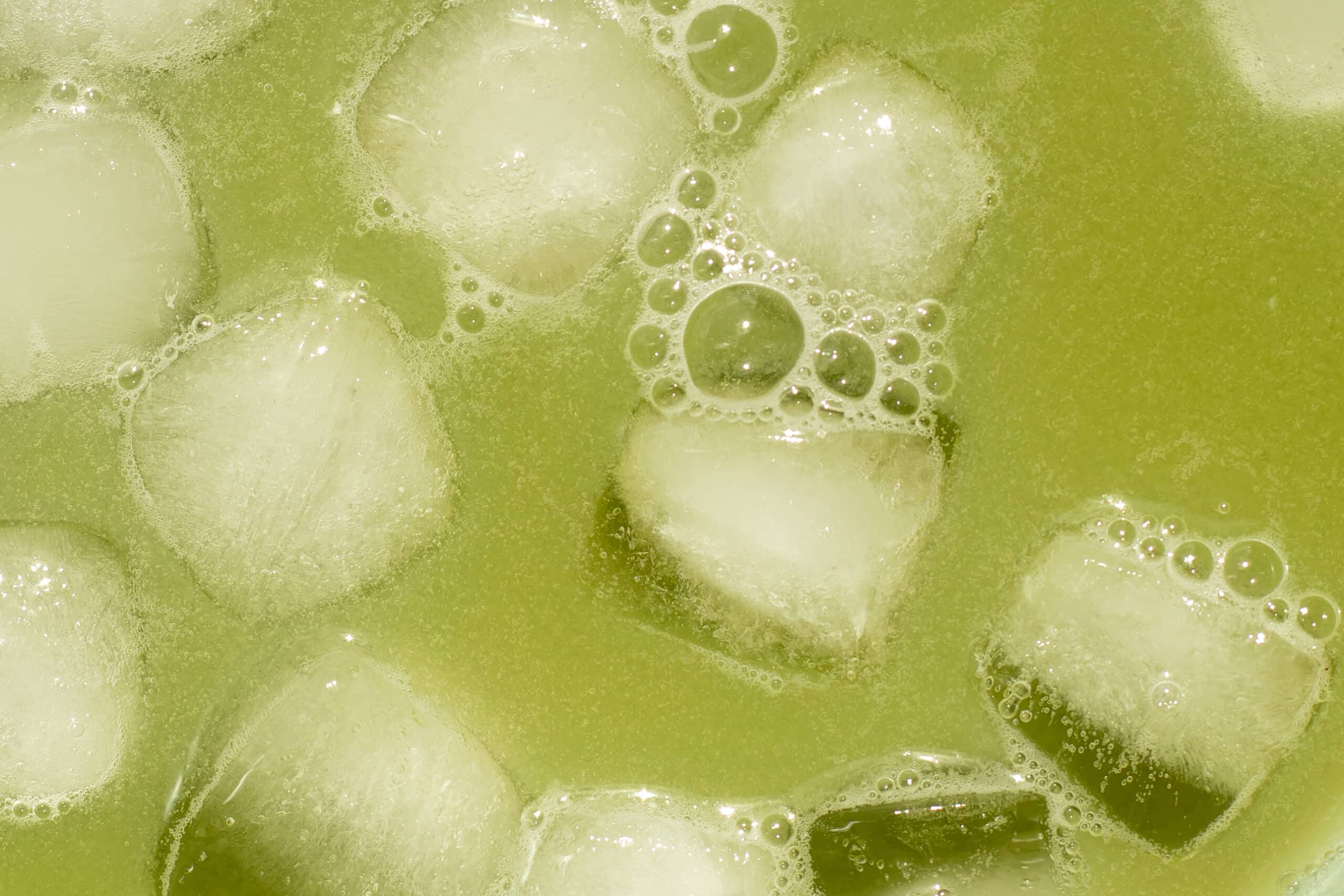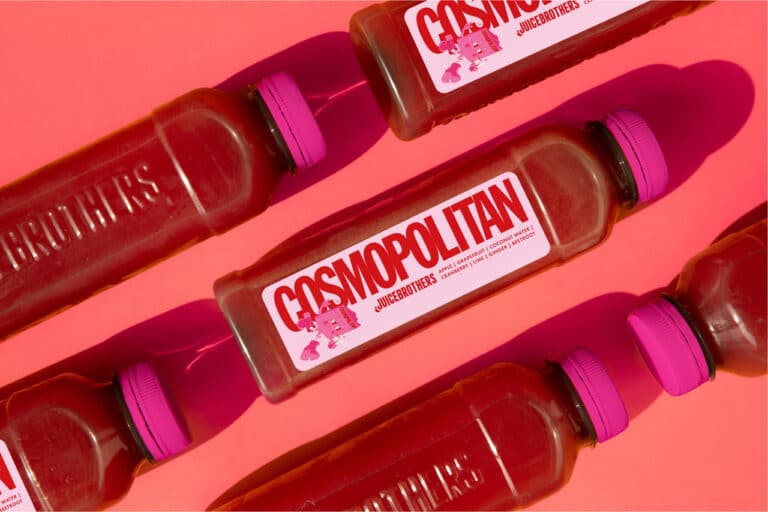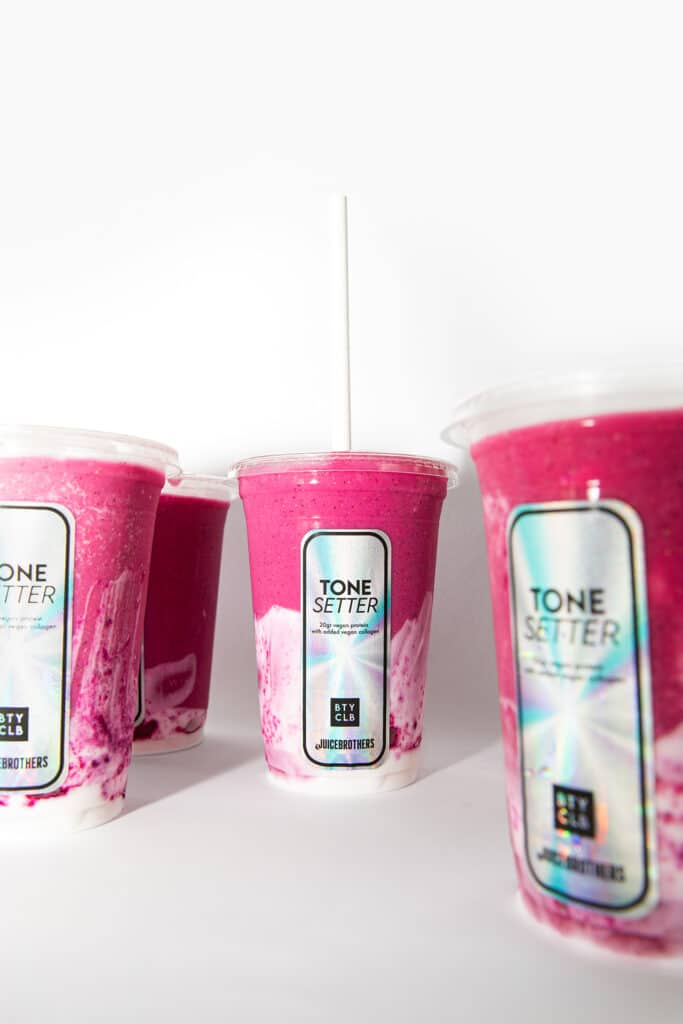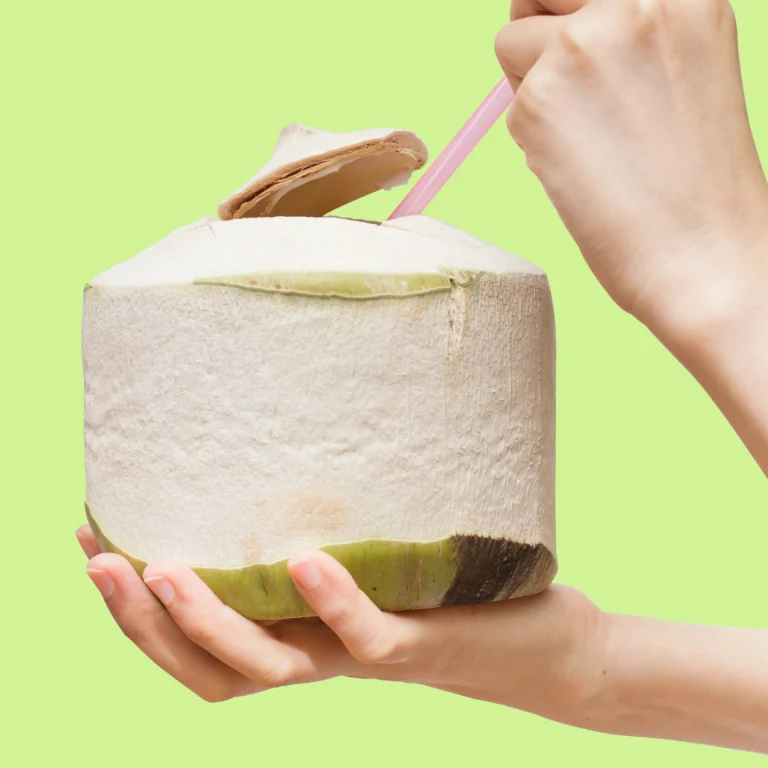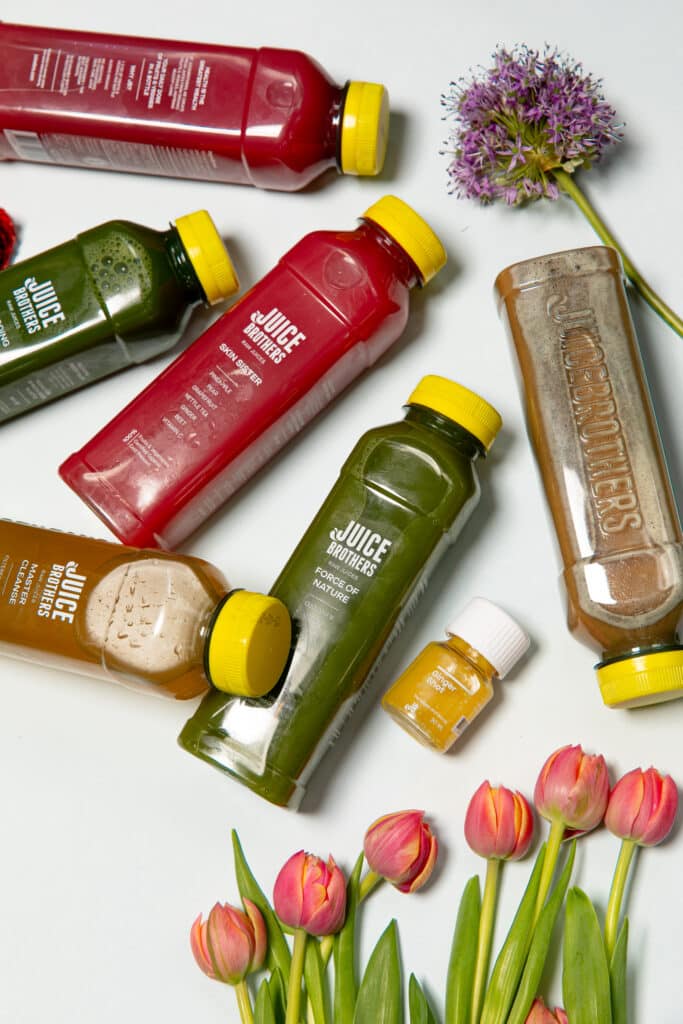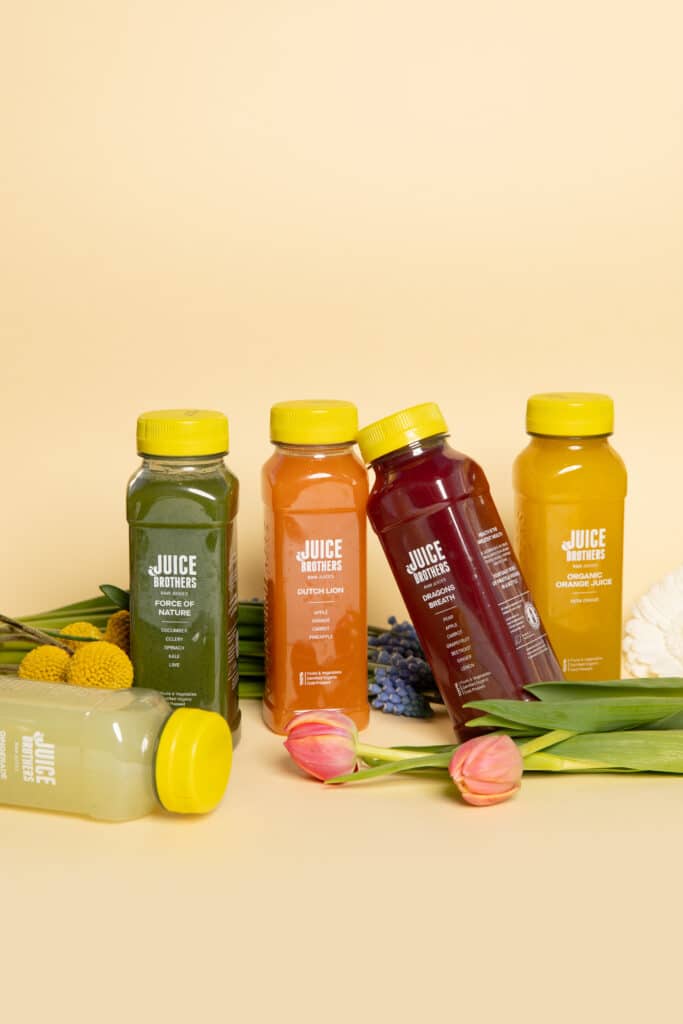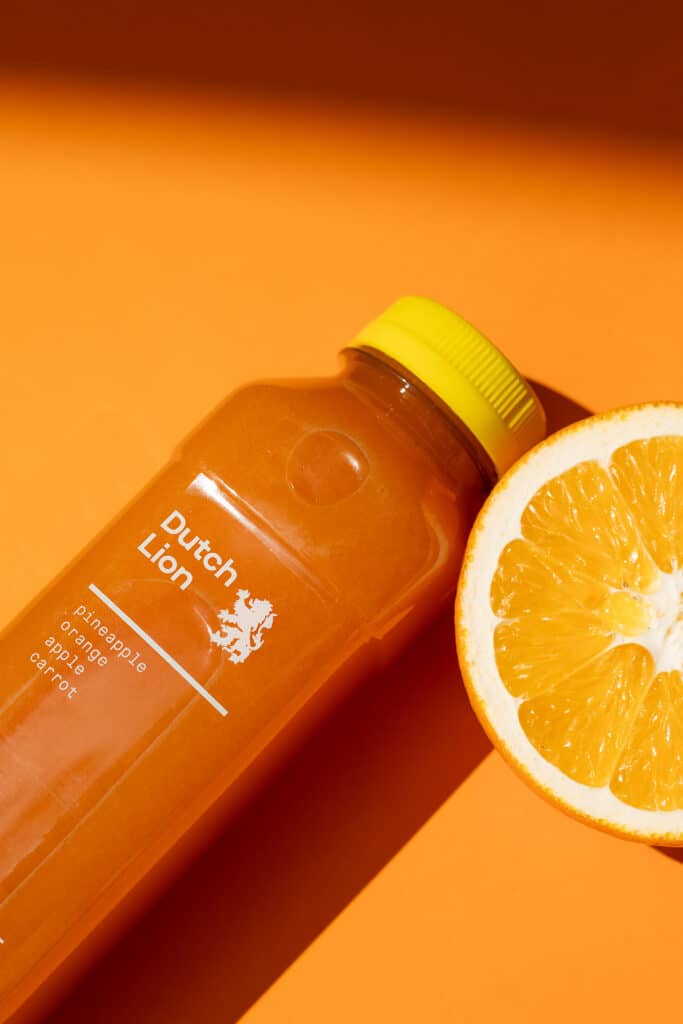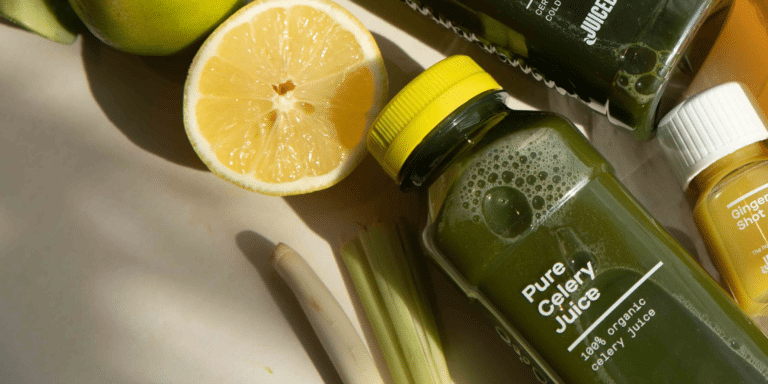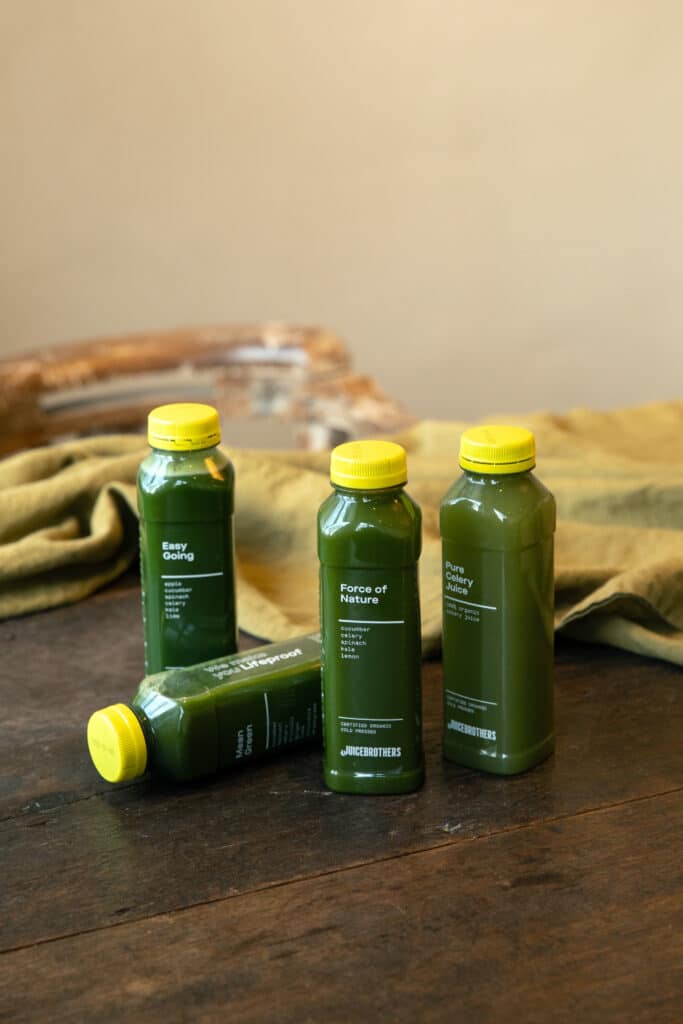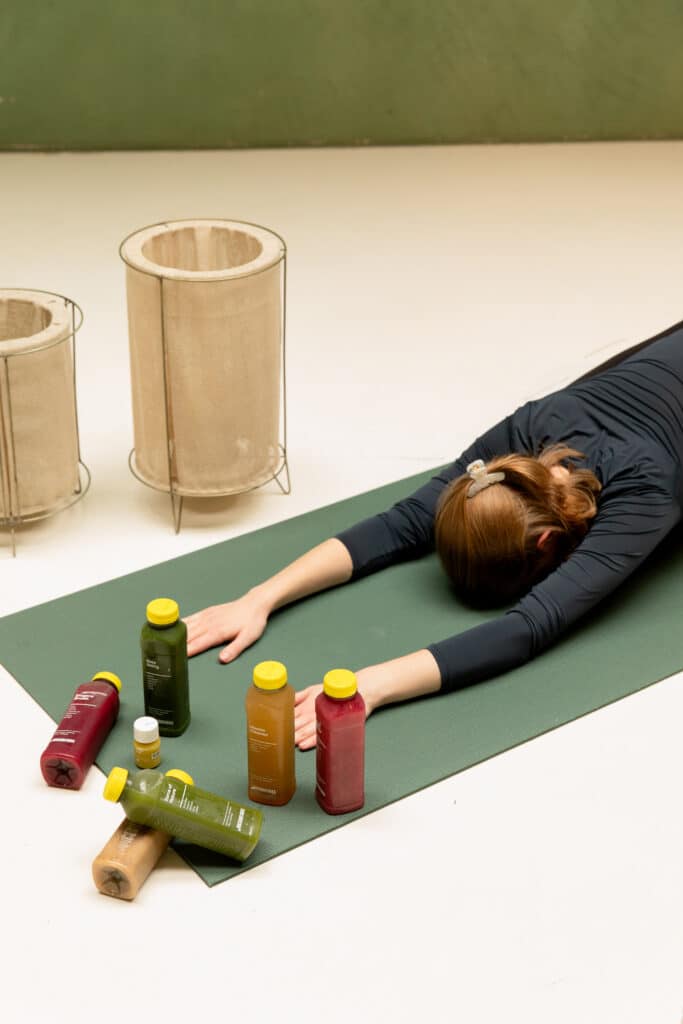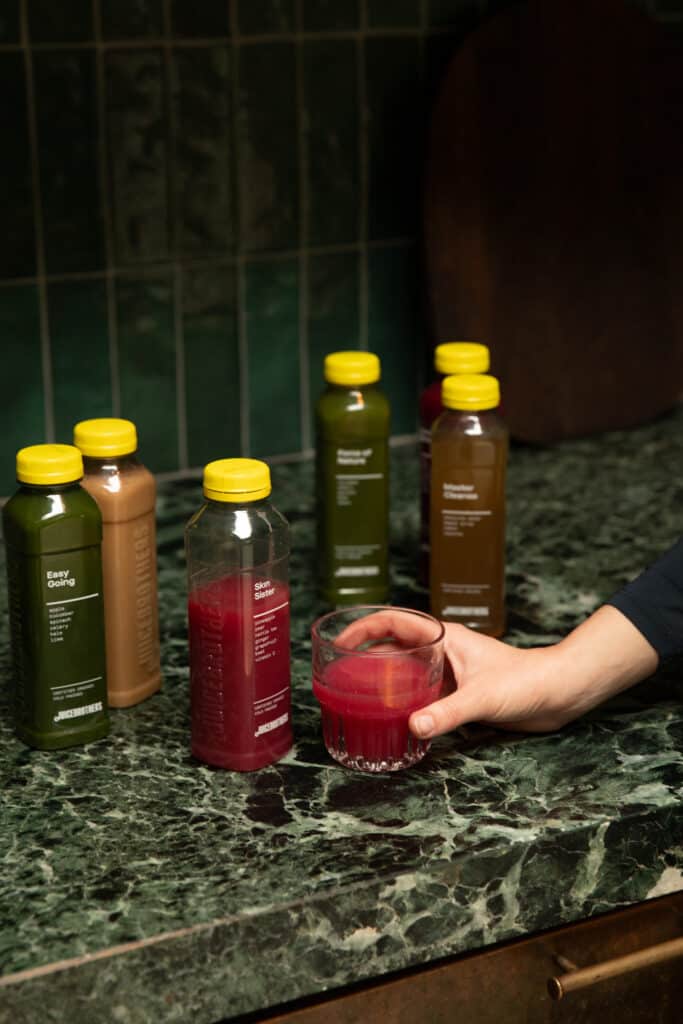Sugar in Juice: Facts
Many of Juicebrothers’ fitness-minded customers wonder if sugar in juices is bad for their health. The short answer is: sugar is not inherently harmful. Juicebrothers does not add any extra sugars to their organic cold-pressed juices; all sugars are naturally present and come from fresh fruits and vegetables.
Sugar: Brain Fuel
Did you know that sugar is the only fuel your brain can use directly? Glucose, a building block of sugar, is essential for the functioning of your brain and nervous system. This is especially important for athletes, who need quick energy after intense workouts, as found in fruits and natural juices.
Natural Sugars: Benefits
- Quick Energy: The natural sugars in juice provide fast energy, making them ideal after a workout or during intense physical activities. They help replenish glycogen stores in your muscles, which is essential for recovery and performance.
- Essential Nutrients: Our organic juices are not only rich in natural sugars; through cold pressing, they also contain fiber, vitamins, minerals and antioxidants that contribute to your overall health. This makes natural juices a better choice than processed drinks with added sugars, which often have little to no nutritional value.
- Improved Hydration: Fresh fruit and vegetable juices are rich in water, which helps with hydration. This is essential for athletes, especially after a tough workout, as it promotes recovery.
Are There Any Downsides to Sugar in Juice?
Although sugar itself is not harmful, it is important to be aware of your sugar intake, especially if you have other sources of sugar in your diet. Excessive consumption, even of natural sugars, can increase your calorie intake. Enjoy natural juices as part of a balanced diet.
Conclusion: Offers Benefits
Natural sugars in juices are not harmful to your health and can even provide many benefits, especially for athletes. Juicebrothers does not add any added sugars to their juices, so you can enjoy the natural and organic benefits of fruits and vegetables without worry. As with everything, moderation is key.
Benton, D., & Parker, P. Y. (1998). Breakfast, blood glucose, and cognition. American Journal of Clinical Nutrition, 67(4), 772S-778S.
Maughan, R. J., & Shirreffs, S. M. (2010). Nutrition for sports performance: Issues and opportunities. Proceedings of the Nutrition Society, 69(1), 126-131.
Purnell, J. Q., Kahn, S. E., & Nuttall, F. Q. (2009). Brain functional magnetic resonance imaging response to glucose and fructose infusions in humans. Diabetes, 58(9), 2084-2092.

